Local History
Local history helps children make sense of their immediate world. However, it is not just a case of bombarding them with local facts. Good local history involves enquiries that allow children to investigate drawing on their previous historical knowledge and understanding. It allows them to use interesting local sources including pictorial, artefacts and written and to link with national and even international history.
-

How local history can bridge the gap...
ArticleClick to view -

Scheme of work: Significant historical events, people and places in their own locality
ArticleClick to view -
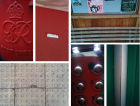
What’s in a road? Local history at Early Years and Key Stage 1
ArticleClick to view -

Scheme of work: Local history – the story of our High Street
ArticleClick to view -

The Elizabeth cake
ArticleClick to view -
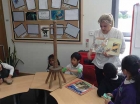
Using role-play to develop young children’s understanding of the past
ArticleClick to view -

One of my favourite history places: Bournville
ArticleClick to view -

History outside the classroom at Key Stage 1
ArticleClick to view -
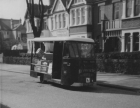
Early Years: Learning about the Past through 'People Who Help Us'
ArticleClick to view -
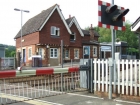
‘Not again!’ - an additional viewpoint on using railways
ArticleClick to view -

One of my favourite history places: Mount Fitchet Castle
ArticleClick to view -
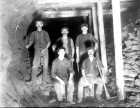
Local history and a sense of identity
ArticleClick to view -
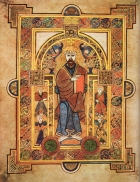
Using original sources
ArticleClick to view -

Primary Scheme of Work: Local History
ArticleClick to view -

What makes good local history?
ArticleClick to view -

What your local Archive Service can offer to schools
ArticleClick to view -
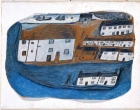
Key Stage 1 local history through fresh eyes
ArticleClick to view -

Local People and Places in the Early Years
ArticleClick to view -

From Home to the Front: World War I
ArticleClick to view -
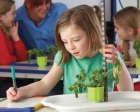
Using 'Development Matters' in the Foundation stage
ArticleClick to view

